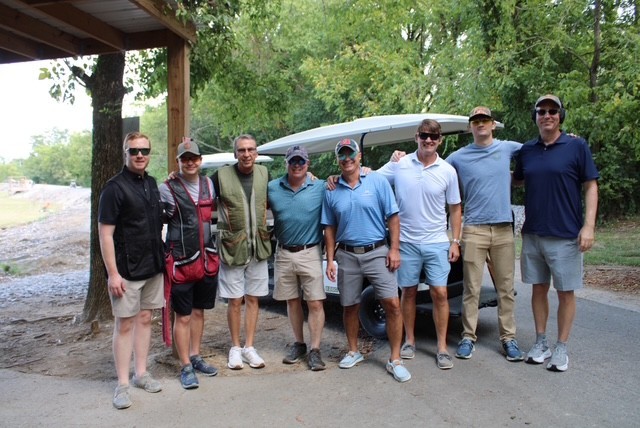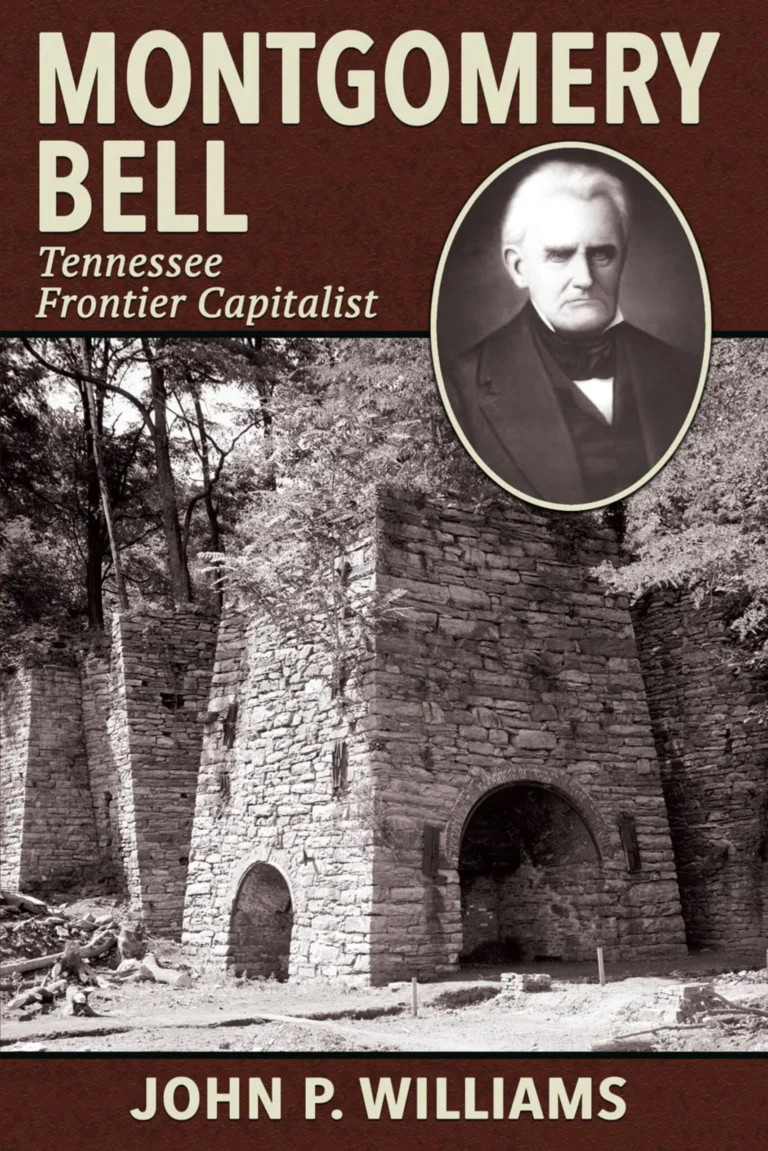Tennessee is experiencing significant growth, and is expected to continue to grow. This growth should lead to more commercial, industrial and residential development. Given our history as a rural and (at one point) frontier state, many developers may encounter a truly unexpected site condition: grave sites. The presence of a burial ground will impact the project, both in terms of cost and time.
The first thing a developer should do when encountering a burial ground is to stop work in that area. One reason is that the relatives of the buried may still visit the site. Disturbing (even accidentally) a burial ground could lead to sensitive litigation. Thus, the developer should ensure that the burial ground is not disturbed. To that effect, a formal survey should be performed to locate all possible grave sites.
Once all grave sites have been located, the developer has several options. If it appears the burial ground is still in use, the owner likely cannot do anything to it without the relatives’ consent, even if the owner’s deed appears to encompass the burial ground. The owner could, conceivably, pay to relocate all of the grave sites. Another (and perhaps more economical) option would be to fence off the burial ground and grant the relatives an easement to access it.
If the burial ground appears to have been abandoned, the owner can terminate the site as a burial ground. To do so, the owner must file a lawsuit seeking to have the remains removed and reburied in a suitable repository, and the termination of the site as a burial ground. The owner must make all interested persons defendants. Therefore, the owner should attempt to locate the nearest relatives of the deceased. If the relatives cannot be determined or located, they may be served by publication.
In the lawsuit, the owner must prove that the land is unsuitable for use as a burial ground because the burial ground has been abandoned, neglected, or the conditions and activites near the burial ground render the property’s use as a burial ground inconsistent with the due and proper reverence for the memory of the dead. A lack of recent burials is insufficient to prove any of these grounds.
After showing that the land is unsuitable for use as a burial ground, the owner must prove that it has made definite arrangements for the relocation of the burial sites to a suitable location, that the new location is owned outright, that the removal and reburial will be done with due care and decency, and that suitable memorials will be erected at the new site. The new location should be as close as possible to the existing burial ground.
If the owner can prove these things, then it gets the privilege of paying to relocate the existing burial ground. Thus, although encountering a burial ground may not stop the project altogether, the extra costs incurred to preserve or relocate the burial ground could kill the owner’s bottom line.





